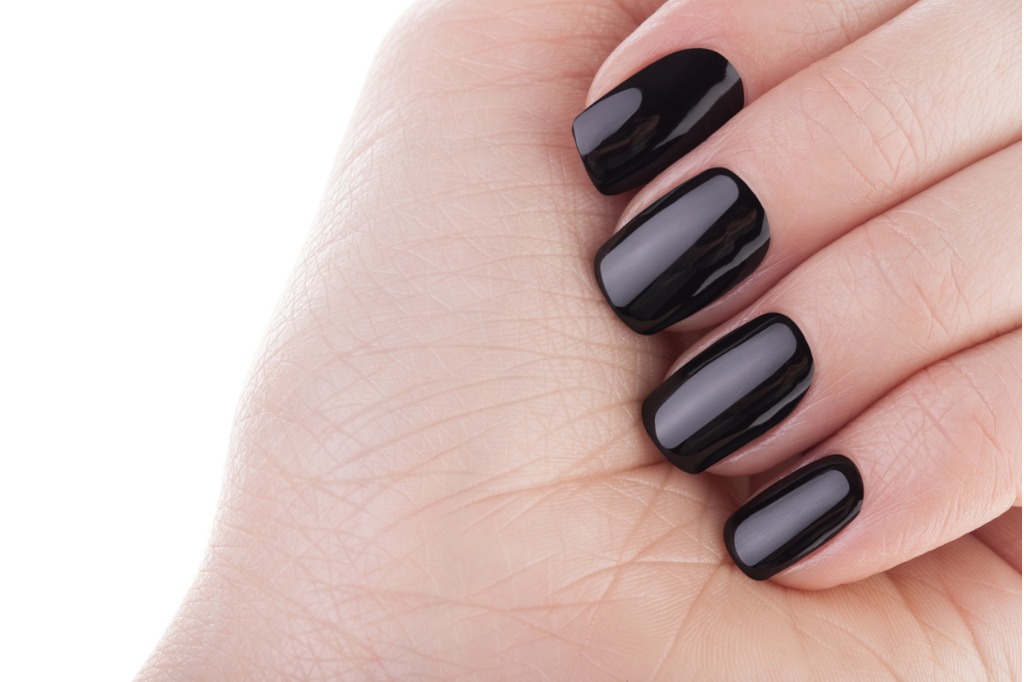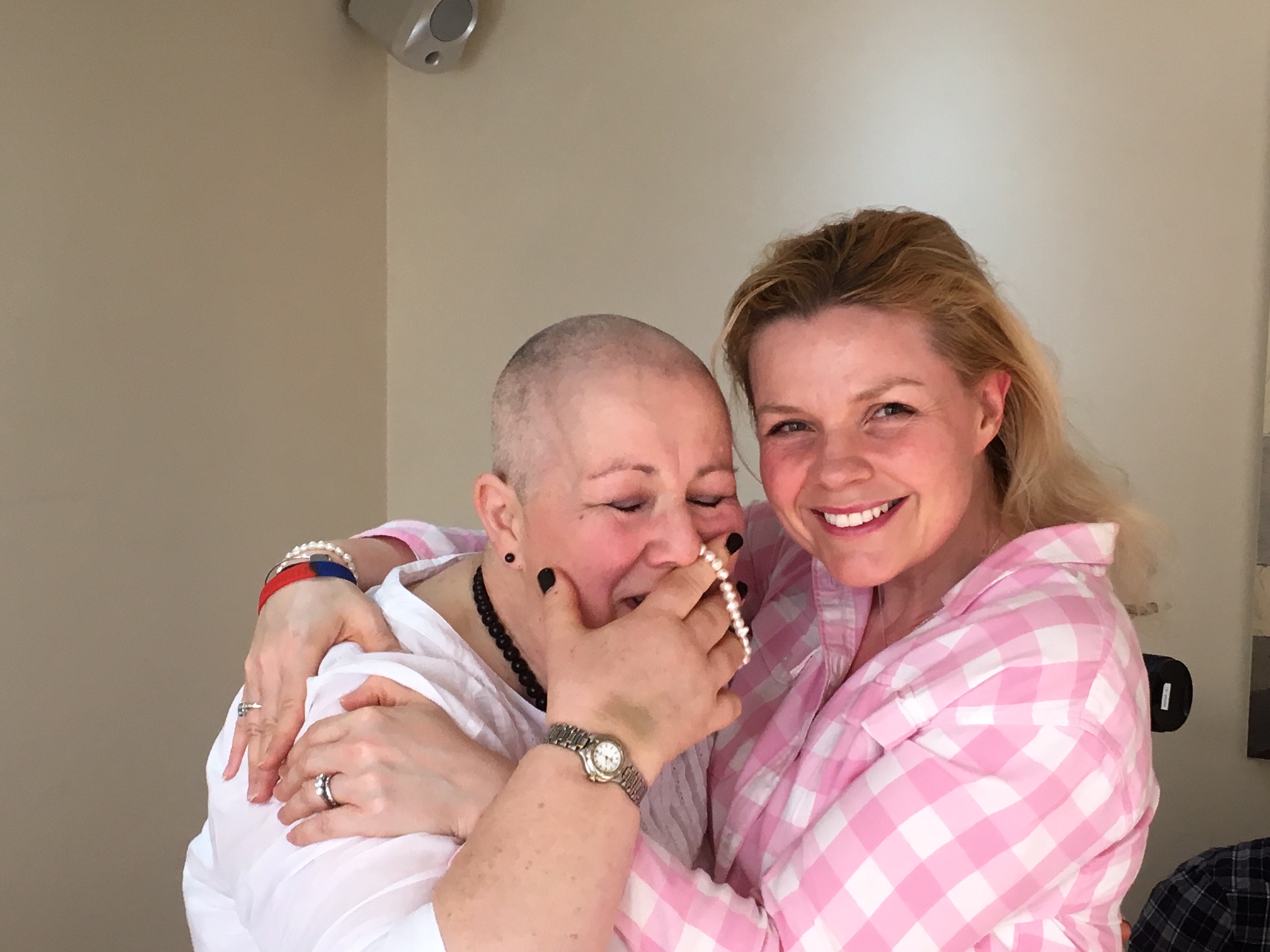IN THE INTERIM 
What a difference a year makes…..
I think it’s safe to say that 2016 has been a memorable year for all of us; cultural icons lost, political norms questioned, Zika, Brexit, Trump. For me, it was the year that my fledgling company grew its flight feathers and transported me, albeit briefly yet successfully, on a global adventure.
So what did my company’s second year teach me? And, more to the point – from me to you, what are my top tips for (to paraphrase the wonderful Maya Angelou ) not just surviving but thriving and in some style…
Organisation is everything
Truly. At one point I juggled three very different, very demanding and very rewarding contracts. One in Hampshire, writing a major report on mental health services, one in Brighton for a Trust challenged not only by special measures but also financial special measures and one in Lisbon, Portugal. Top tip? Plan, plan and plan again. Everything – from the flight, the drive to the airport and/or hotel, car parking, currency, a fully charged phone and iPad (and take your chargers and adaptor), somewhere to grab a bottle of water and a sandwich (and chocolate – forget the sugar police), factor in a sleep, a strong espresso, a call to your nearest and dearest.
Picture the scene; I drove on a Thursday night to the outskirts of Heathrow from Brighton (after a 14 hour day), found the hotel, parked my car (having pre-booked the car park for the weekend plus a little bit more in case of delays), crashed out at the hotel, up at 3.30am, got a cab to T2, the 6.00am flight to Lisbon, car to the conference venue and commenced work at 10.30am, finished at 11.30pm, grabbed a bite to eat, hit the pillow, up at 6.30 and did a straight 12 hours. Sunday, up at 6.00am to get the flight back to Heathrow….which was delayed…then drove straight back to Brighton to commence work on Monday morning. Top tip? Expect the unexpected – it honestly takes the stress out of it.
Diversify – it’s the name of the game for 2017, especially if your game is being a contractor.
2016 saw me successfully business coach four professionals to new heights, pastures new, or a refresh of their existing business. It’s genuinely fulfilling to see people grow in confidence and take that leap into developing their own businesses. When the interim market grew tricky in 2016 I looked at my own skill set and used it to help others.
Top tip? Think out of the box; your skills and experience can be used in more than one way. Oh, and for those of us who are healthcare interims? Remember this in 2017 when faced not only with agency caps but also the delights of IR35.
Diplomacy. Yet again, dear reader, I ask you to picture the scene…..I’m in a conference call (transatlantic, no less) with two very demanding clients who, may I add, just happen to be paying my wages (good to remember that, by the way). They each have a very clear agenda – one wants to promote a new product, one wants to market themselves as a specialist global leader in healthcare comms. Me? I want to champion the patient and their families (this being related to the healthcare, specifically cancer, sector). Top tip? Engage brain before opening mouth. Always. Learn to listen, learn to be patient. The result? I was co-architect and expert facilitator for a global initiative for patient centric clinical care and pioneering pharmaceutical developments.
So, for 2017? I am armed with the knowledge that I have physical, emotional and mental resilience; I can be both team player and a leader. My company can, actually, work on a global level. I have a skill set that can genuinely be used to launch the aspirations of others and I have an arsenal of skills and experiences that can be used to transform organisations the appear to be broken and dysfunctional.
I’m curious – what were your business achievements in 2016? Can I help you achieve your goals in 2017?
Jan Lawry is Director of J Lawry Healthcare Management Ltd; she has over 20 years business experience in programme management and is a service review expert, business coach and mentor. More details on her work can be found on her website https://jlawryhealthcare.com/
Recent work has included a major report into mental health services for West Hampshire and highly successful business coaching helping to launch a new healthcare consultancy and training organisation.
To gain the edge on your hard earned business, invest in business coaching with Jan Lawry. Book your free Discovery Call here: https://calendly.com/jlawrycoaching/discoverycall
READ MORE




